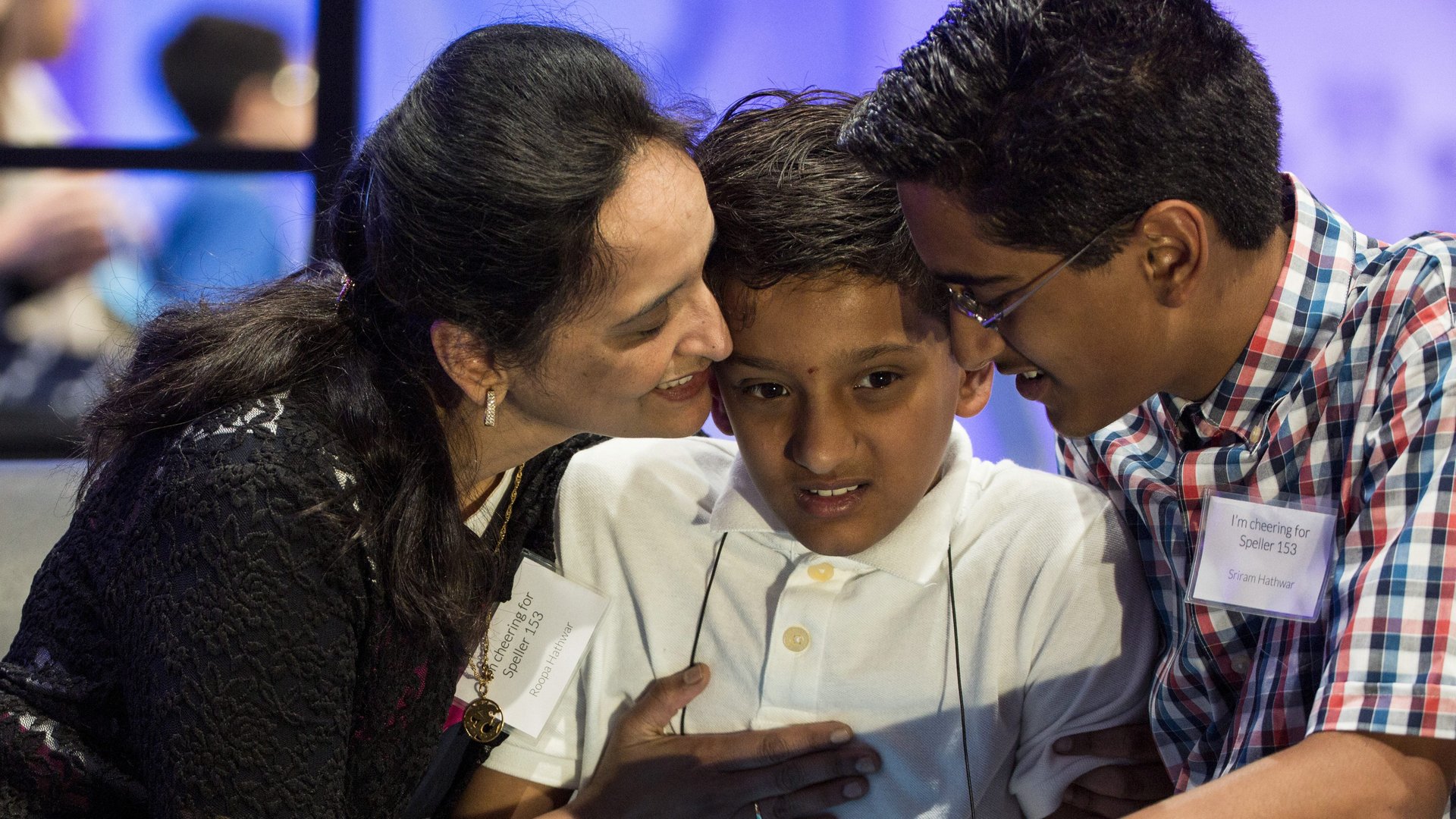Modern parents spend more time with their kids than their parents spent with them
Turns out, helicopter parenting pays off in one surprising way—modern parents spend more time with their children than parents of any other time since the 1960s.


Turns out, helicopter parenting pays off in one surprising way—modern parents spend more time with their children than parents of any other time since the 1960s.
Guila M. Dotti Sani of the European University Institute and Judith Treas of the University of California, Irvine found that modern mothers from 11 wealthy, western countries spent close to an hour more taking care of their kids in 2012 than mothers did in 1965. Dads now spend almost an hour partaking in childcare activities, compared to fathers in 1965, who spent just 16 minutes, on average.
That trend held true not only for parents who are highly-educated, but also for those who are not. In also rang true for caregivers in Britain, Canada, Germany, Denmark, Italy, Netherlands, Slovenia, Spain and the US.
The only country that saw slight declines in time spent parenting was France, where the ethos of “natural motherhood” meant French mothers were already steeped in demanding child-rearing practices, like lengthy breast-feeding and the management of cloth diapers, according to Sani and Treas.
Analysis from the Pew Research Center confirms the research. In the US, modern moms and dads are increasingly hanging out with their kids.
Intensive parenting
The authors of the study chalk this up to a change in childcare philosophies, attributing the uptick to the growing popularity of “intensive parenting practices” and “high parent engagement.”
There is, of course, much debate over whether more time spent with children is actually a good thing. A large-scale, longitudinal study of American families found that time spent with parents between the ages of three and 11 had essentially nothing to do with the way children turned out. “I could literally show you 20 charts, and 19 of them would show no relationship between the amount of parents’ time and children’s outcomes. . . . Nada. Zippo,” remarked Melissa Milkie, one of the author’s of the study.
The study even found that time with stressed, anxious, sleep-deprived moms struggling to juggle work obligations and childcare commitments hurt their children.
If anything, the quality of time seems to matter more: There’s plenty of evidence that activities like reading to your children can improve their outcomes later in life.
One thing remains clear—modern day parents are feeling guilty about how much time they spend (or don’t) with their progeny. A third of US mothers with teenage children think they spend too little time and close to half think they don’t have enough time for friends or hobbies. More American fathers (48%), meanwhile, believe they spend too little time with their kids.
The luxury of time
Traditional economic reasoning suggests that better educated, high-earning parents will spend less time with their kids since the opportunity cost of their time is higher, and their salaries make childcare possible.
But Sani and Treas find the opposite: Mothers with a college education spend half-an-hour more with their children each day. That has changed since 1965. Back then, middle-class and working-class mothers were spending about the same amount of time with their children.